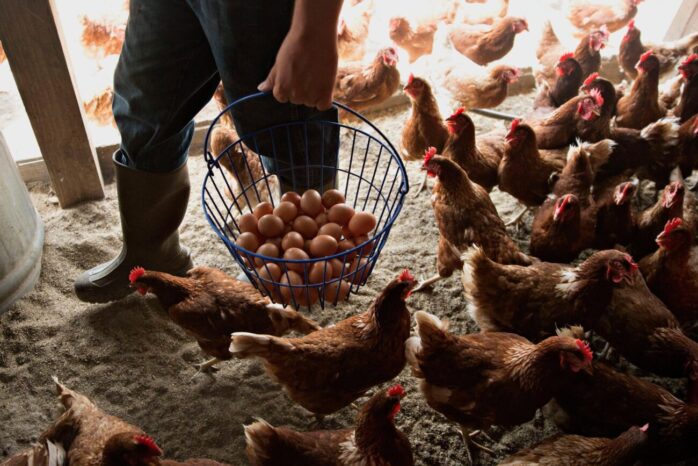
In many parts of the world, factory farming, commonly referred to as industrial agriculture, has taken over as the primary means of producing food. Although it has reduced expenses and enhanced efficiency, this method also has a negative side that is frequently ignored. In this article, we will delve into the hidden truths of factory farming cruelty, examining the facts that exist behind our modern food system. Shining a light on these issues and taking into account different methods of sustainable food production is crucial, from the brutal treatment of animals to the environmental effects and public health concerns.
By making educated decisions about the food we eat, we have the ability as consumers to change the world. Supporting sustainable, local, and organic agricultural methods can stimulate consumer demand for more compassionate and greener options. We can improve the well-being of animals and lessen the harm to the environment by choosing meat and dairy products from animals that were kept in better conditions.
Additionally, adopting a plant-based diet or cutting back on our animal intake can have a profoundly favourable effect. In addition to being better for personal health, plant-based diets also reduce demand for factory-farmed animal products and have smaller carbon footprints. Increased consumption of plant-based foods can be a significant step toward a more humane and sustainable food system. Although you have heard about this a million times, it is a solution to some problems, that have a rather big impact on us and the environment. To most of us, changing the way we eat is difficult and unheard of but for some improvements to be made we don’t need to change our diets 100% we need to adjust and prioritize certain other things to make a huge change down the line.
What is the real truth?
-
Inhumane Treatment of Animals:
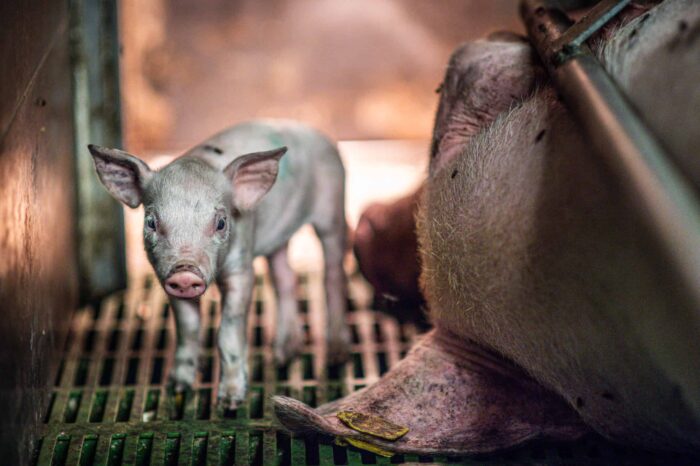
Profit is put ahead of animal welfare in factory farming, which leads to rampant brutality. Animals are frequently kept in cramped, compact quarters that limit their freedom of movement and ability to behave naturally. Pigs, cows, and chickens are kept in small cages or packed enclosures, which causes them great physical and mental suffering. They are engineered to develop quickly and abnormally, which causes health issues including weak bones and organs.
In addition, unpleasant treatments are regularly performed on animals in industrial farms without proper analgesia. Without anaesthesia, castration, dehorning, debeaking, and tail docking are done on animals, which results in excruciating pain. Animals raised in these circumstances experience extreme stress, which increases illness rates and necessitates frequent antibiotic usage, endangering human health.
-
Environmental Impacts:
Environmental deterioration is largely exacerbated by factory farming. Beyond the transportation industry, large-scale animal agriculture is a major source of greenhouse gas emissions. Because there are many animals in small areas, there is an abundance of manure, which releases methane, a powerful greenhouse gas, into the sky. The garbage frequently contaminates groundwater and streams by ending up in open-air lagoons or being sprayed onto farms.
Furthermore, huge amounts of resources like water, grain, and land are needed by factory farms. Deforestation and resource depletion result from the production of feed crops. Additionally, the overuse of fertilizers and pesticides in the feed industry damages nearby ecosystems by causing soil deterioration and water contamination.
-
Public Health Concerns:
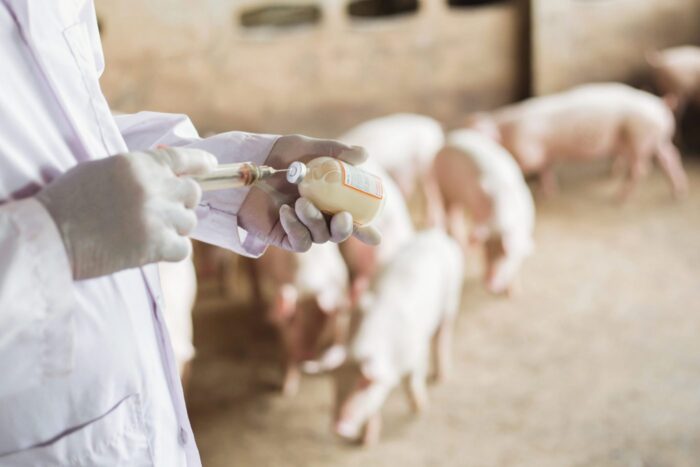
Public health is significantly in danger from factory farming methods. These facilities’ crowded animal populations make them the perfect place for illnesses to proliferate. The introduction and spread of zoonotic illnesses like avian influenza and swine flu can have serious repercussions for human populations due to the crowded surroundings and lack of basic sanitation.
Additionally, the frequent use of antibiotics in factory farming encourages the growth of germs that are resistant to them, making diseases more difficult to cure. Antibiotic-resistant illnesses in humans are more likely when meat from animals given antibiotics is consumed. Additionally, factory-farmed animals are frequently fed a diet that contains hormones and genetically modified organisms (GMOs), raising questions about the potential long-term implications on human health.
-
Sustainable Alternatives:
It is essential to make the transition to sustainable and moral food production practices to solve the problems caused by industrial farming. Several different strategies put animal welfare, environmental sustainability, and public health as their top priorities:
-
Organic farming
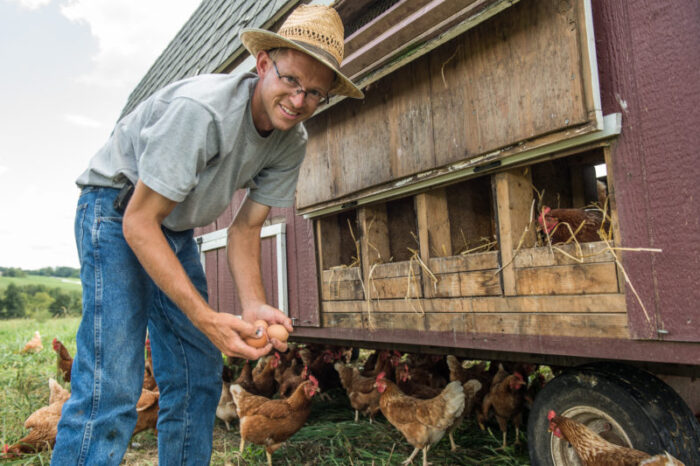
Using natural fertilizers and pesticides is prioritized, animal welfare is encouraged, and the use of antibiotics and hormones is outlawed. This strategy encourages the consumption of healthier food options while reducing environmental pollution.
-
Agriculture based on pastures
Giving animals access to open pastures enhances their welfare and gives them access to a more natural habitat. Additionally, this approach lessens the demand for chemical inputs and aids in soil health regeneration.
-
Plant-based diets
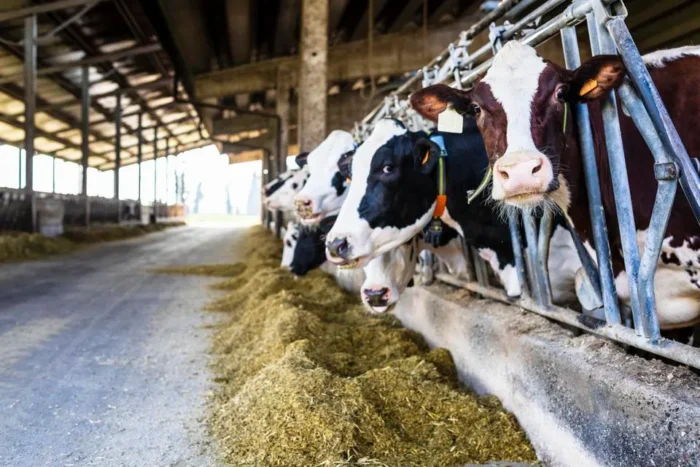
Changing to a plant-based diet lowers the demand for factory-farmed animal products, which has a positive impact on animal welfare and the environment. Meat replacements and plant-based options can offer wholesome and moral dietary options.
With its inherent brutality, negative effects on the environment, and potential risks to public health, factory farming poses significant moral and practical issues for our food system. If we want to progress toward a future that is more humane and sustainable, we cannot overlook the hidden facts of industrial farming.
Additionally, supporting groups and efforts that advance animal welfare, environmentally friendly agricultural methods, and open labelling may help bring about positive change. By educating the public about the unspoken truths of factory farming, we can foster debate and advance the transition to a more moral and sustainable food system.
It is critical to understand that problems with industrial farming go beyond how the animals are treated. They cover things like public health, environmental sustainability, and the general health of the earth and future generations. We can strive toward a food system that respects animal welfare, safeguards the environment, and advances human health by tackling these interrelated issues.
In conclusion, the reality of factory farming exposes a framework that places a premium on profit over sustainability and compassion. Making significant change begins with acknowledging the cruelty and detrimental effects of our present food system. We can create a future that is more compassionate and resilient for ourselves, the animals, and the world we call home by supporting alternatives that put animal welfare, environmental sustainability, and public health as a priority.





